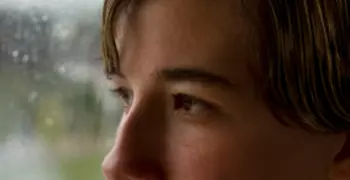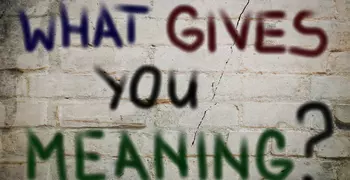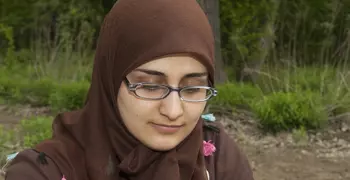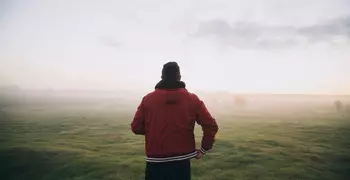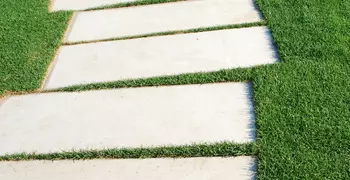
The impact of stress on the body is well-documented, from its effect on blood pressure and mood to digestive disorders and immune functioning. Chronic stress, left unchecked, can cause a host of physical and emotional conditions that impact our quality of life. But what about the stress we experienced as young children? How does that affect us now?
The Adverse Childhood Experiences (ACE) Study was designed to find the answer to that question. The Centers for Disease Control, in collaboration with Kaiser Permanente, launched the study in 1995. Over 17,000 adults completed a confidential questionnaire about their childhood experiences as well as a physical examination.
The findings confirmed that high levels of childhood stress, namely trauma—including abuse, neglect, and abandonment—has a profound impact on the developing brain. As expected, high levels of stress in childhood can lead to unhealthy behaviors as an adult, such as seeking comfort in food, alcohol, or drugs, or not developing healthy relationships with others. But it can also increase the risk factors for chronic physical illnesses, such as diabetes, heart disease, lung cancer, and depression. These conditions, in addition to causing physical problems, can create even more stress—fueling a constant loop of suffering.
The good news
But your past does not necessarily define your future. Even if you have a history of childhood distress, you have the power to make choices in your life to increase your resilience and lead a flourishing life. Dr. Steven Southwick, Yale Professor of Psychiatry and author of the book Resilience: The Science of Mastering Life’s Greatest Challenges, defines resilience as “the ability to bend, but not break, and even to grow from adversity in one’s life.” Southwick, whose research is centered around Post-Traumatic Stress Disorder, recommends three main ways to boost resilience:
Invest in your social network. “There's a lot of literature that indicates that having a strong social network strengthens us in so many ways,” says Southwick. “It helps us be more active copers, it gives us more self-confidence. We actually have a reduced physiological stress response when we're in the presence of people we trust.” So ask yourself: whom in my life do I really trust? If I needed help, who could I turn to? Cultivate those relationships in your life to get the support you need. If you feel isolated, look to see if there are support groups in your community. Some groups are designed to offer support with a health and healing focus, such as Mindfulness-Based Stress Reduction or Resilience training. (And, of course, a counselor or therapist can help with issues around relationships, as with other aspects of dealing with trauma.)
Get spiritual. “Spirituality and religion provide a perspective of something bigger than myself,” Southwick explains. “It also provides a sense of meaning and purpose, which is associated with resilience.” This doesn’t necessarily mean joining an organized religion or memorizing prayers, though that is certainly the path for some. Spirituality is more about recognizing a deep, satisfying connection to something bigger than yourself—this could be a higher power, nature, art, or even your love for your family. Taking this perspective can be both uplifting and strengthening.
Learn to manage stress. Most of us think of stress as something that is bad. And it’s true that uncontrollable stress—such as child abuse or the experience of war—tends to be toxic and difficult to manage. “But there’s also stress that you can master,” says Southwick. That’s the everyday stress like a busy job, children who demand your attention, moving to a new place, or meeting school deadlines. Resilience actually requires mastering ordinary stress—which means that it’s good practice to learn to recognize and deal with stressors in a healthy way. Becoming aware of what causes stress for you, adjusting your attitude, and practicing relaxation techniques can help you become stronger and better able to cope in the face of challenges.
Interested in calculating your own ACE score? Learn more here.
http://acestoohigh.com/research/
Felitti, V.J., Anda, R.F., Nordenberg, D., Williamson, D.F., Spitz, A.M., Edwards, V., Koss, M.P., Marks. J.S. (1998). Relationship of childhood abuse and household dysfunction to many of the leading causes of death in adults. The Adverse Childhood Experiences (ACE) Study. American Journal of Preventative Medicine; 14(4):245-58.
Southwick, S. Interview by Center for Spirituality & Healing. Personal interview, Minneapolis, May 6, 2013.

